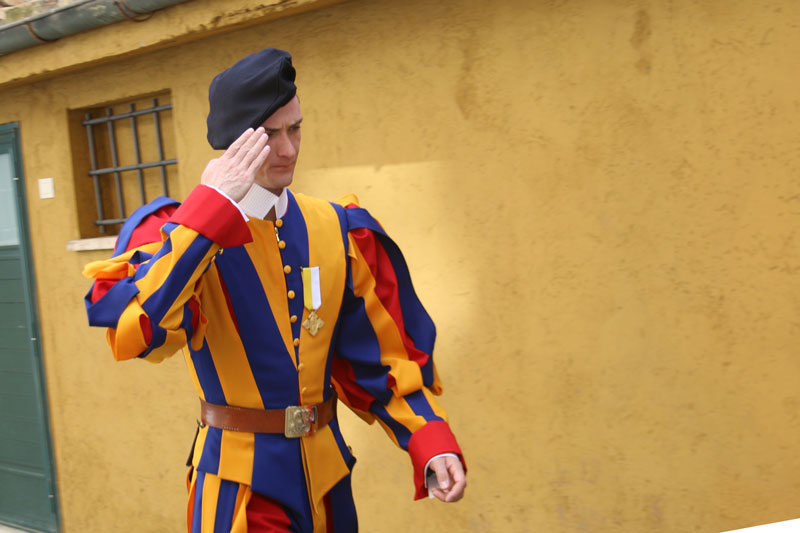Apparently, the Pentagon is much focused when it comes to fashion. A report released by Special Inspector General for Afghanistan Reconstruction (SIGAR) highlights that the the Pentagon has flushed down $28 million over the decade, in their efforts to purchase camouflage uniforms for our Afghan soldiers present within a very tiny fraction of the worn torn country’s landscape.
In an interview with USA Today, John Sopko, the special inspector general expressed his content:
“My concern is what if the minister of defense liked purple, or liked pink?” he said.
And added, “Are we going to buy pink uniforms for soldiers and not ask questions? That’s insane. This is just simply stupid on its face. We wasted $28 million of taxpayers’ money in the name of fashion, because the defense minister thought that that pattern was pretty. So if he thought pink or chartreuse was it, would we have done that?”
In his interview with NBC News, Spoko stated that there was no point in the Pentagon spending such high sums of money purchasing uniforms “based upon camouflage purposes, especially when the soldiers are present in only two percent of a “desert country. He said, “You don’t pick a proprietary pattern for an arid desert country based upon fashion. You want to pick it based upon camouflage purposes. If you were fighting away in Germany or Maine, where you have forest, then this makes sense.”
Sen. Chuck Grassley, the Iowa Republican and senior member of the Budget and Finance committees, also did not stand back to express his disappointment, “You’d think the Pentagon would have had a good handle on how to pick the right camouflage for uniforms,” he said, and that “Instead, the Defense Department gave up control of the purchase and spent an extra $28 million on the wrong pattern just because someone in Afghanistan liked it. It’s embarrassing and an affront to U.S. taxpayers. Those who wasted money on the wrong camouflage uniforms seem to have lost sight of their common sense.”
The report presented by the SIGAR, also included a statement form a veteran and camouflage consultant Timothy O’Neill, who explained that perhaps the uniform change was an important decision, as “Desert designs don’t work well in woodland areas and woodland patterns perform poorly in the desert,” he said. However, he identified that
However, the reports point out that, “The U.S. government already had rights to multiple uniform patterns that were not in use by U.S. forces, which could have been used by the (Afghan National Army) at no cost, and may have been equally effective in the Afghan environment.”
As NBC states: “The decision to go with that particular style instead of one already available to the U.S. government reportedly cost an extra $26 million to about $28 million.”
Therefore, the Pentagon could have saved taxpayers hard earned money had then not been so eager to work with private companies to cater their specific tastes in fashion.























